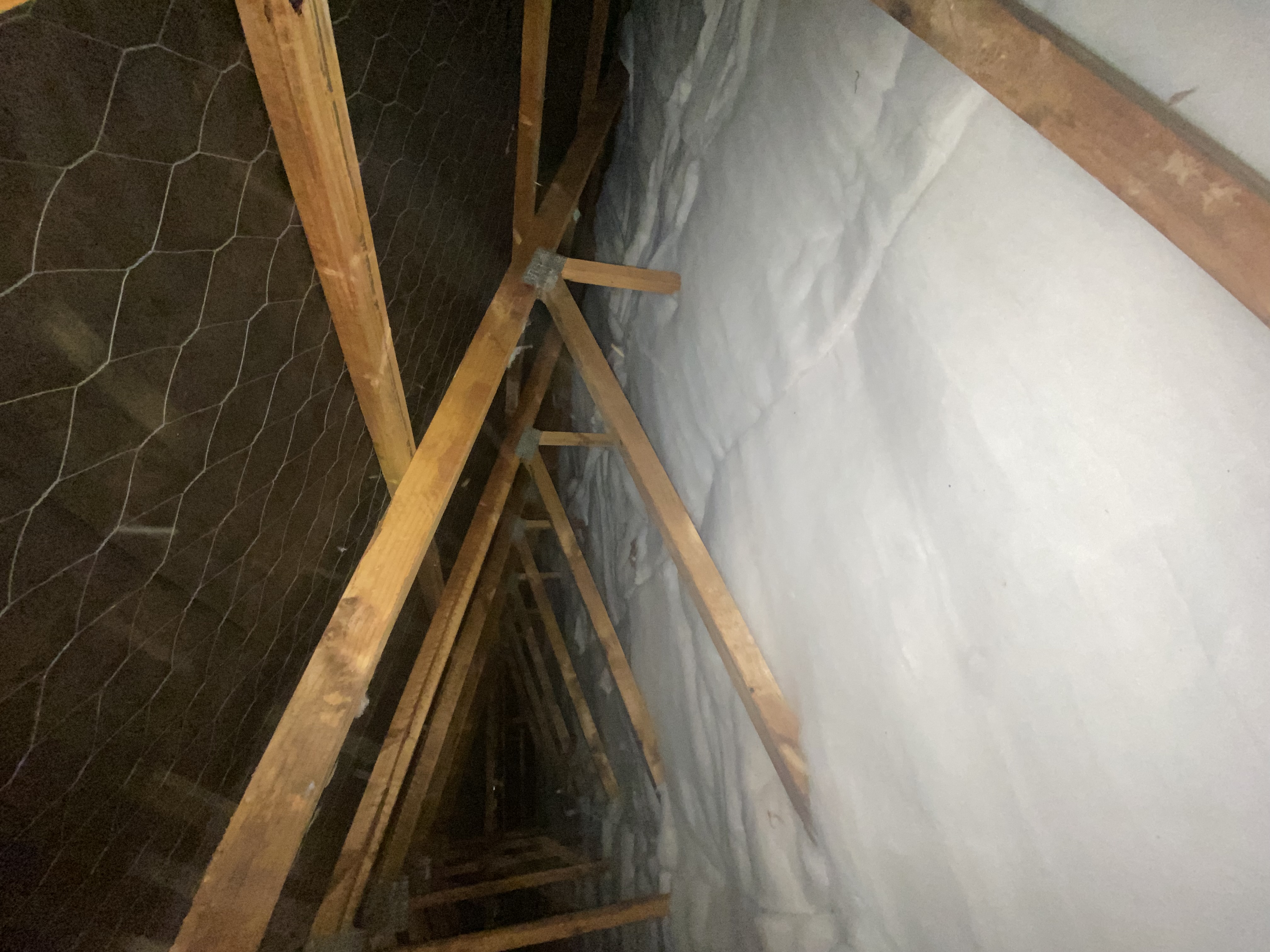
Your go-to insulation team in Auckland — helping with everything from Healthy Homes compliance to full-home retrofit insulation.

August 29, 2025
Choosing the right ceiling insulation is one of the most important decisions you can make to improve your home’s energy efficiency, comfort, and long-term performance.
In New Zealand, two of the most popular insulation types for ceilings are glasswool and polyester. Both have distinct advantages and considerations depending on your goals, budget, and property type.
In this guide, we’ll break down the key differences between glasswool and polyester insulation, including:
By the end, you’ll have a clear understanding of which insulation option may suit your home best.
Glasswool insulation (also called fibreglass insulation) is made from recycled glass and sand, spun into fine fibres to create a soft, wool-like texture.
It has been widely used in New Zealand for decades, with common brands including Pink Batts, Earthwool, and Bradford Gold.
Polyester insulation is made from synthetic polyester fibres—similar to those found in pillows and duvets.
It’s popular with homeowners looking for a non-irritant, hypoallergenic insulation material. Common brands in New Zealand include Mammoth and GreenStuf.
Both glasswool and polyester insulation are available in a range of R-values (which measure thermal resistance).
Generally speaking, both materials can achieve similar R-values per thickness.
Verdict: Comparable thermal performance, but glasswool may take up less space for higher R-values.
Here’s an approximate price range for ceiling insulation per m² in New Zealand (installation included):
Glasswool generally remains the cheaper option, both in terms of material cost and installation.
Verdict: Glasswool is more budget-friendly; polyester is premium-priced.
This is where the biggest difference lies:
Verdict: Polyester wins for health and ease of handling, making it popular for DIY installs and sensitive households.
Verdict: Both have recycled content, but polyester often edges out in recyclability and circular economy credentials.
👉 Verdict: Polyester is easier for DIY installs; both perform well if installed correctly by professionals.
In New Zealand’s climate, ceiling insulation is one of the most important ways to:
Still unsure about insulation costs for your property?
We offer New Zealand’s most accurate insulation cost calculator, designed specifically for Kiwi homes.
Quickly estimate the price of: